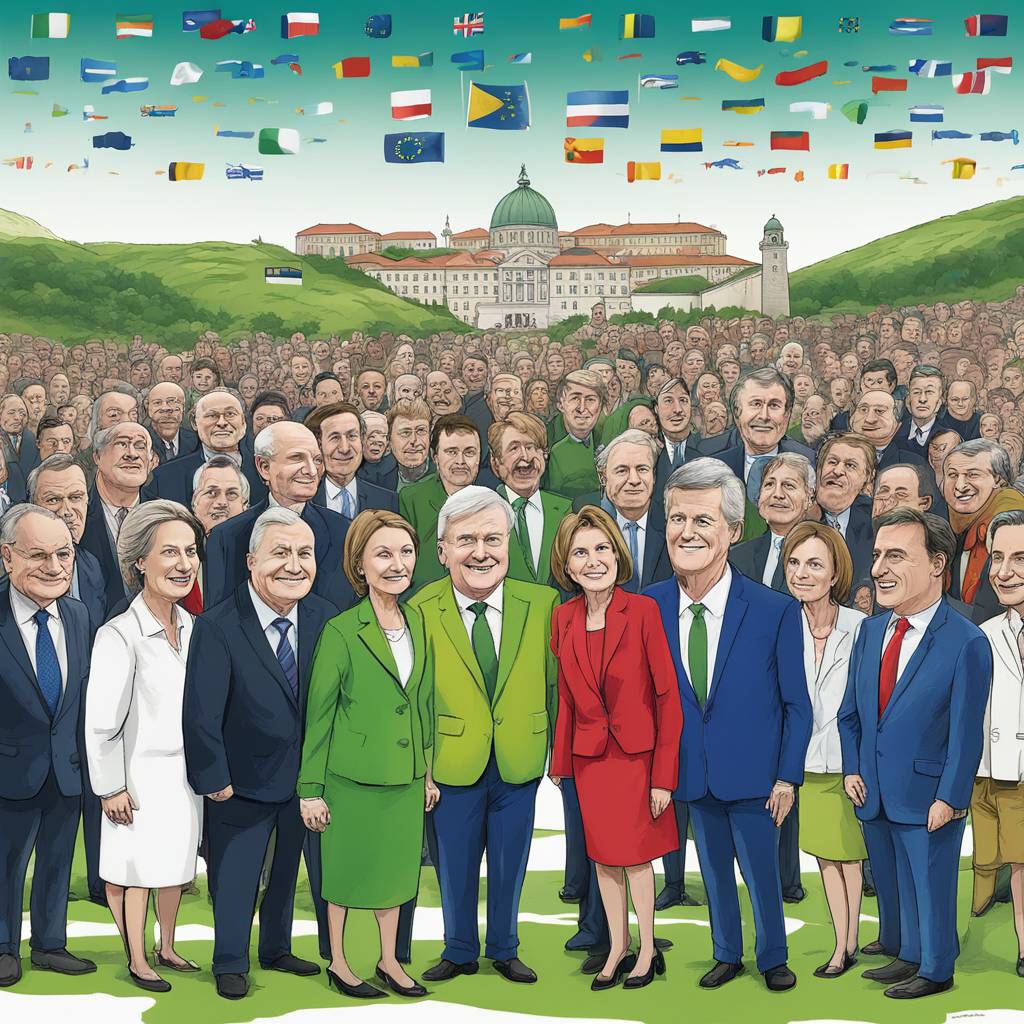Bosnia and Herzegovina is edging closer to entering formal talks for accession to the European Union, as EU leaders recently approved the move. This decision comes eight years after the country first applied for EU membership and just nine days after the European Commission confirmed that it had made sufficient progress in aligning with EU standards, values, and foreign policy. European Council President Charles Michel praised the country’s efforts, stating that Bosnia and Herzegovina’s place is within the European family. While all EU member states generally support the country’s accession, some, such as Denmark and the Netherlands, had expressed concerns about unfinished constitutional and electoral reforms.
Borjana Krišto, Chairwoman of the Council of Ministers of Bosnia and Herzegovina, expressed gratitude for the approval of the talks and stated the country’s commitment to further progress and development. Despite ongoing ethnic divisions and delays in various reforms, Bosnia and Herzegovina enjoys the support of a coalition of countries known as the ‘friends of Bosnia.’ These countries include Austria, Croatia, Italy, Hungary, and Slovenia, and they have proposed linking Bosnia’s progression with that of Ukraine and Moldova.
Austrian Chancellor Karl Nehammer highlighted the importance of addressing outstanding issues in Bosnia’s accession process, noting that similar conditions were applied to Ukraine before its talks began. While Ukraine and Moldova have already received approval for negotiations, they face a hurdle in the form of unanimously approved negotiation frameworks. Sources suggest that Hungary could potentially block the adoption of these frameworks, potentially impacting the progress of all three countries.
While the approval of talks is a significant step forward for Bosnia and Herzegovina’s EU accession, continued efforts are necessary to address the remaining reforms and challenges. The country remains the only one of five Western Balkan nations recognized as official EU candidates that has not entered formal negotiations. The support of the ‘friends of Bosnia’ group, along with the endorsement of EU leaders, will be crucial in navigating the complexities of the accession process.
Caretaker Prime Minister Mark Rutte confirmed support for the opening of negotiations with Bosnia during the recent summit, emphasizing the need for continued efforts and progress on the country’s part. The hard work and determination of both Bosnia and the EU are essential for steadily advancing the country’s EU path. With the possibility of linking Bosnia’s accession to that of Ukraine and Moldova, further coordination and cooperation between all involved parties will be crucial in moving the process forward.



